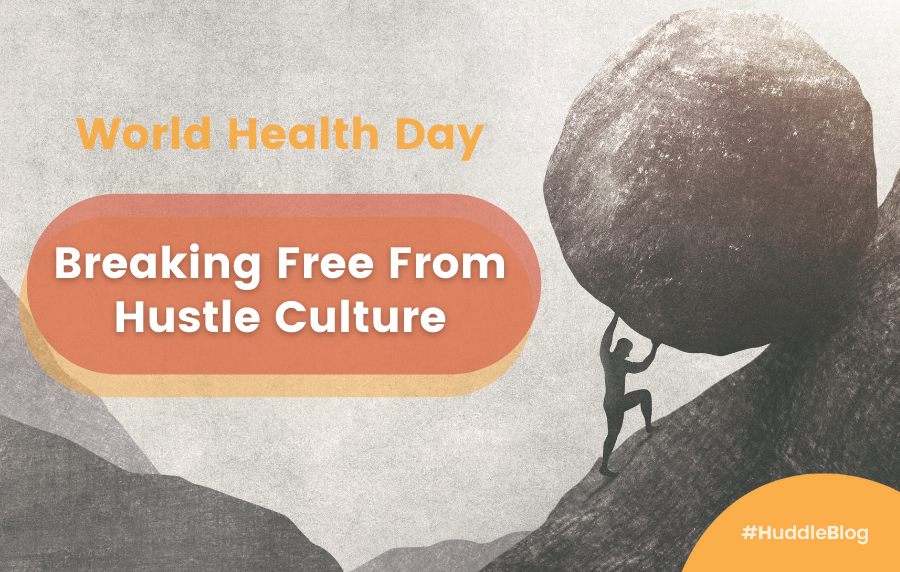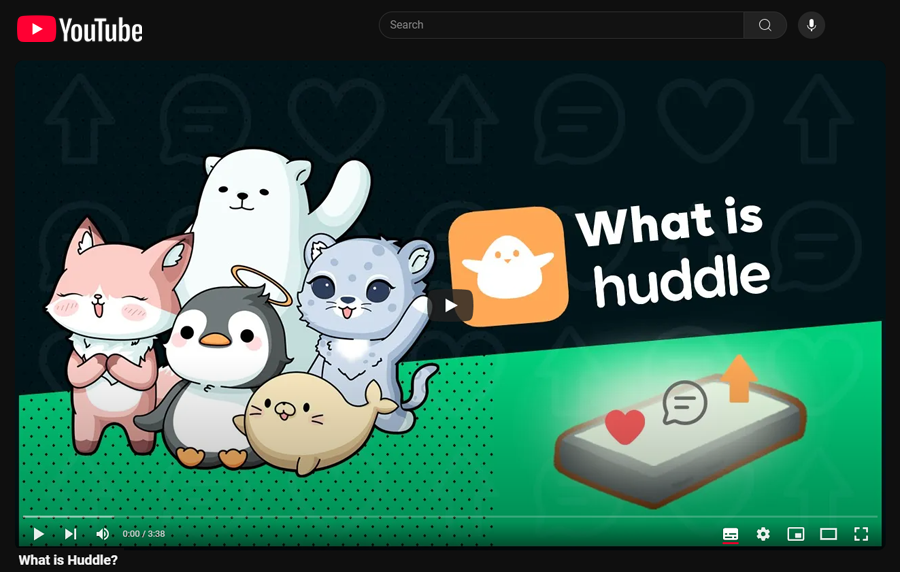Hustle culture comes from a belief that the more you do, the more you get. It is a lifestyle where work dominates your life. Consequently, other aspects of the human experience such as family, relationships, and self-care are neglected. The hustle culture also makes a correlation between effort and outcome. The busier you are, the more likely you are rewarded with more money, reputation, happiness, and self-esteem.
“No pain, no gain.” “You can have fun when you’re successful.”
“Everyday I’m hustling.“ “Success requires sacrifice.”
These references are examples of the hustle culture. Even if there is some truth to enduring pain so that we can overcome adversities and claim victory, our modern culture has taken this mindset too far by not respecting the limitations of the body, mind, and spirit. The plans of arriving at our destination usually fall short by burning out.
I was told that the cure for burnout is self-care and time-out. Yet, I did not buy into this story. I saw that Life is precious and moments are fleeting. I desired to see that I become the best person I could be. At the same time, I had a body-mind system that was extremely sensitive, prone to chronic inflammation, and fatigue. These circumstances almost made what I truly desired, impossible.
So I asked,
“How can I be successful and be prosperous while staying wholesome in my body, mind, and spirit?”
And after years of personal research, reflections, and exploration, I am able to experience both health and wealth. Here are a few things that works for me:
1. Rewrite limiting narratives and beliefs.
The “I am not enough” mindset is pervading globally. We believe that we are not enough, hence we need to do more to gain more. In this worldview, it is threatening to do less when there is a lingering fear that we are not worthy of love. Hence, we believe we need to add something to ourselves or remove something from ourselves in order to feel wholesome and lovable. The consequence of this mindset is that we require pain to be our motivation for success.
Our perception colors our experiences and our beliefs colors our perception. We can shift our experiences of Life by rewriting our limiting beliefs. What if we start looking at the world and ourselves in a way that we are already enough? How differently would we approach our lives? What happens when you can start looking into your work not to prove yourself, but as an inspiration that makes you feel alive? What if it is a norm to feel good every single day even on your bad days?
This does not mean we should not care about making effort. There is a Sufi saying, “pain is not the point, it is just part of the process.” It is about making our efforts, intentional and conscious rather than being driven by subconscious motivations.
2. Be Intentional – Quality over Quantity.
Less is definitely more. Life is an infinite game system rather than a finite game. The intention of the finite game is to get to the end goal as fast as possible and win as much as possible. However, the intention of the infinite game is to sustain what we love doing for as long as possible. This mindset shift from a finite game to an infinite game is all about shifting your intention to prioritize quality over quantity. Rather than rushing to get to the outcome, this mindset helps us to stay in the game – to enjoy both the journey and the intended destination.
3. Tap into Flow States.
Flow is defined as an optimal state of consciousness, a state where you feel your best and perform your best. It is when you feel a sense of selflessness, timelessness, effortlessness and richness in your experience. Flow states cannot be activated at will. Nevertheless, we can create conducive environments so that the chances of dropping into the flow states increase. Flow Genome Project, researchers of optimal psychology and flow state call this flow triggers. One of them is complete concentration in the present moment – deep focus. Any activity that cultivates focus and attention will help us get there.
According to Steven Kotler, when we drop into the flow state, we get, “a giant cascade of neurochemistry.” We get norepinephrine, dopamine, anandamide, serotonin and endorphins all happening at the same time. The combination of all five of these neurochemicals are both performance enhancing and health enhancing. Not only can we do more in less time, energy, and attention, these neurochemicals create wellbeing for us. This is a win-win-win outcome for our health, our work, and our spirit.
4. Reboot the Feedback System.
How different would it be if we start looking into our lives in the perspective of “my health is my wealth”? We can begin living this perspective by forging a more loving relationship with our body’s system. By paying attention to the sensation of our body, we can begin to fulfill the needs of the body to recover. When we feel pain, the healthy response is to back off. Do some active recovery when we are sluggish. Eat wholesome meals when we are hungry. This feedback loops of homeostasis usually work. Nevertheless, it is dysfunctional because we have build destructive habits around it. Today, when we feel pain, we keep pushing. We keep going even if we are exhausted. When we are hungry, we skip meals for work.
Therefore, we need to give ourselves more time to bring these rhythms back to function. It starts by listening and respecting the body. When our body is sound, our mind, and spirit is sound. This makes us more efficient in using our energies, become more creative, and be more productive in our work.
Here are some activities for you to think about to reboot the feedback system:
- meditation
- forest bathing
- sensory deprivation floatation tank
- journaling and processing emotions
- digital detox
- liquid/water fasting
- silent retreat
- breathwork
Embracing the Hustle Culture to Break Free
The hustle culture is not the problem. The problem is that we are not adapting quick enough to the changes of our environment. Our autonomic nervous system is dysfunctional. We are wide awake at night and we are drowsy during the day. We need stimulants during the day and we need depressants at night. As a result, we are not at our best.
This is what I would like to suggest:
Embrace the hustle culture and love your body, mind, and spirit intentionally. You perform your best when you are well regulated and healthy. Make that the priority and watch your performance and efficiency peak.





